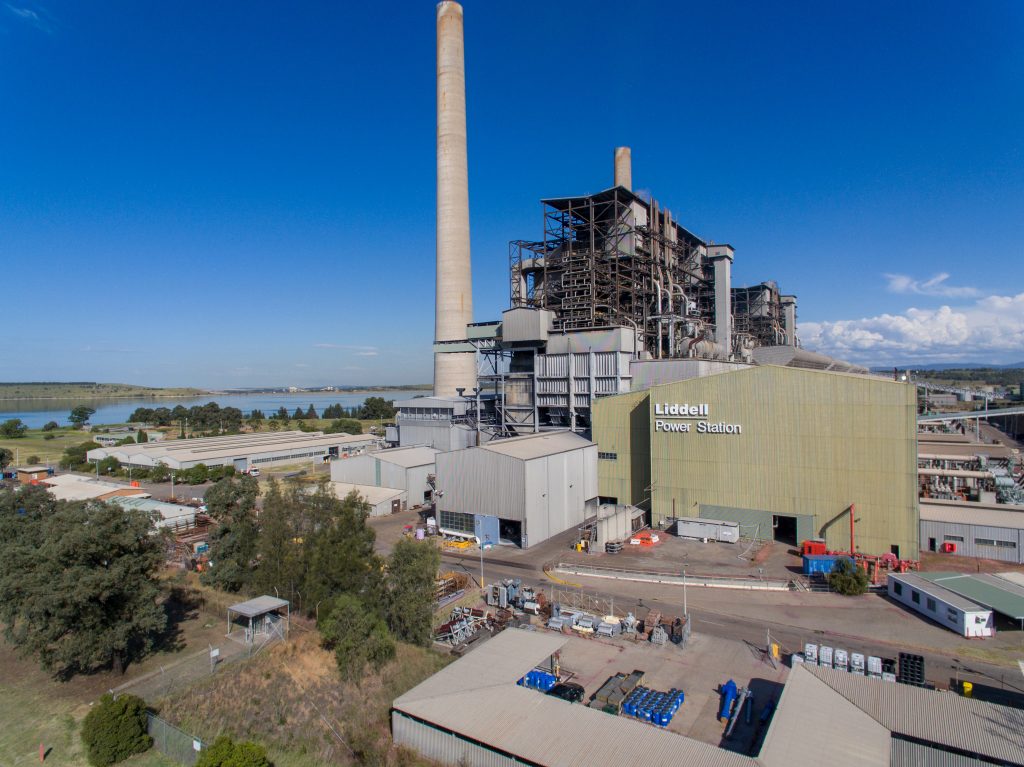
The former Liddell Power Station site could be home to a lithium battery recycling facility.
AGL has signed a Memorandum of Understanding with battery recycling start-up Renewable Metals to develop a pre-feasibility study into establishing a facility at AGL’s future Hunter Energy Hub at Muswellbrook.
If it goes ahead, the facility will have the capacity of 5,000 tonnes per year initially and be able to recycle anything from an electric car battery to grid scale batteries.
Renewable Metals successfully opened its second pilot facility in Perth earlier this year – the company has developed a process for recycling the batteries that achieves up to 95 per cent recovery of the critical minerals they’re made from.
Renewable Metals received a grant from the NSW Critical Minerals and High-Tech Metals Activation Fund towards its feasibility study that will outline key indicative project infrastructure and engineering requirements and identify regulatory approvals and licences necessary for the development, construction, and operation of the project.
AGL General Manager Energy Hubs, Travis Hughes, said this is an example of the type of partnerships AGL is exploring developing as it transitions its thermal sites into integrated energy hubs.
“Our current strategy is to transition the Liddell and Bayswater sites into the Hunter Energy Hub, by bringing renewable energy generation and associated industries to those sites,” AGL General Manager Energy Hubs Travis Hughes said.
“The reuse of critical minerals through battery recycling will be an important part of the energy transition. This potential facility could recycle batteries from electric vehicles to grid scale storage and is aligned with how we are thinking about bringing partners to our energy hubs who share our approach to minimising the environmental impact of the transition.”
As part of AGL’s Climate Transition Action Plan, AGL has an ambition to add ~12 GW of new renewable generation and firming capacity by the end of 2035.

